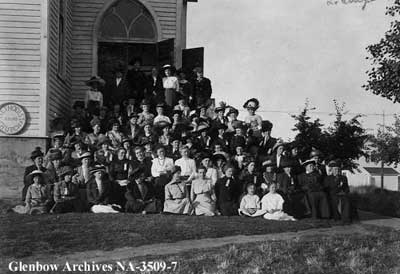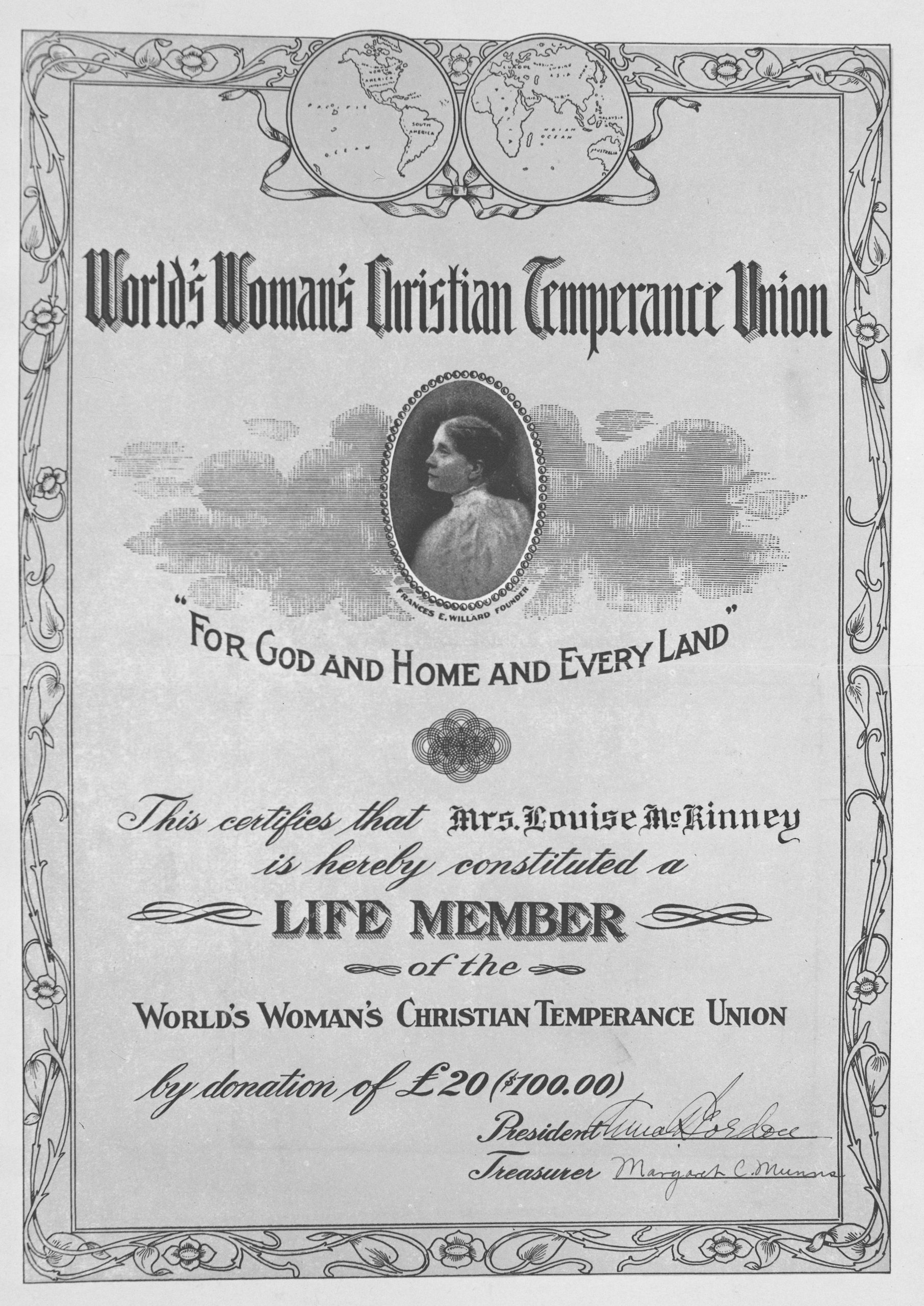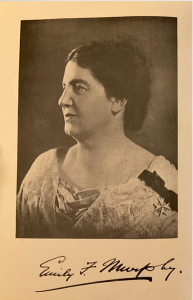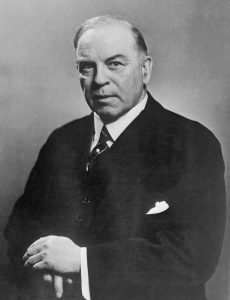3.5 Role of Moral Reformers in Early Canadian Drug Prohibition
Click the link to learn more about moral reformers and their role in early Canadian drug prohibition:
History of Drug Policy in Canada (Read to “1960s – 1970s: The Counter-Culture Movement”)
Women’s Christian Temperance Union (WCTU)

Members of the WCTU often held evangelical Protestant views and blamed alcohol for society’s problems, believing that alcohol was the biggest cause of domestic violence, divorce, and violence towards children; ruining Canadians’ physical health; and linked to crime, sexual immorality, and poverty (Sheehan, 2006).

Judge Emily Murphy

In the 1920s, Emily Murphy, the first female Canadian magistrate, published a series of McLean’s Magazine articles and a book entitled The Black Candle (Murphy, 1922) in an attempt to arouse public interest in stricter drug laws. Her work was extremely racist, promoting cultural stereotypes of the “dope fiend” (Brandt, 1996), and linking drug use with sexual promiscuity and race-mixing (CDPC, 2021).
Click the link to read a few pages from Judge Emily Murphy’s book the Black Candle (1922) ![]() (Book contains extremely racist, moralistic, and fearmongering language):
(Book contains extremely racist, moralistic, and fearmongering language):
Emily Murphy’s The Black Candle
William Lyon Mackenzie King

Referred to as the “father of prohibition,” Mackenzie King wrote and submitted to parliament a report entitled The Need for the Suppression of the Opium Traffic in Canada in 1908. Although the report contained little in the way of evidence and was not debated in parliament, it formed the basis of the Opium Act (1908). King’s concern with the moral impact of opium use set the tone for Canada’s response to drug use for over a century (CDPC, 2021).
“The action of intentionally trying to make people afraid of something when this is not necessary or reasonable” (Cambridge Dictionary, n.d.)

